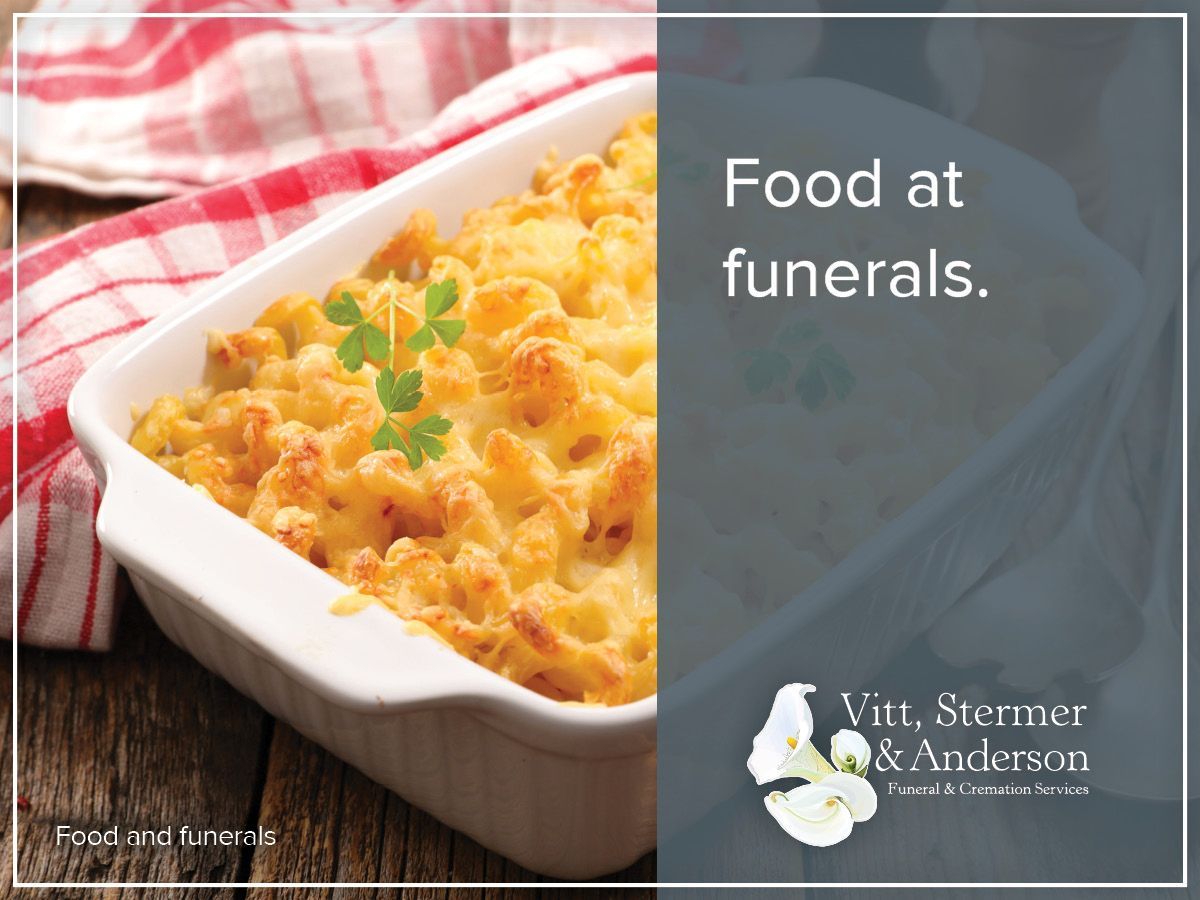The First Thanksgiving Alone
Thanksgiving looks different to all different kinds of families, but it can also look different year after year. As family members grow up and have their own families, Thanksgiving celebrations may shrink. And as time goes on, the passing of family members can make those smaller Thanksgivings even more emotional. There may come a day when your Thanksgiving will be celebrated alone, which can trigger feelings of grief and loss. How can you navigate a Thanksgiving spent alone? There’s no wrong way, as long as you’re taking care of yourself.
What to Do When Spending Your First Thanksgiving Alone
1. Decide if you’d like to celebrate.
There’s no rule that says that you have to celebrate Thanksgiving. Sometimes, the most challenging part about the holidays is the expectation. We often remember images of what we think Thanksgiving is supposed to be like: an overflowing table with many family members seated around it, all smiling and having a wonderful time. We may even remember a time in our childhoods when our Thanksgiving dinner tables looked similar to those idyllic images.
But, more often than not, those images aren’t the reality for most people. You’re not alone if you don’t feel like celebrating when there aren’t others around. It’s okay not to want to put in the work to cook a large meal if you’re only the one eating it. There’s nothing wrong with deciding to skip the usual Thanksgiving traditions. On the other hand, if the traditions give you comfort, you may enjoy simply spending the holiday cooking. Only you can decide if you want to celebrate Thanksgiving when you’re alone.
2. Contact others who may also be alone for the holiday.
If you do decide to celebrate, remember that you may not be the only one celebrating alone. Perhaps a friend has recently been widowed, and their children live far away. Or maybe a recently divorced friend is spending the holiday alone because their children are with their ex-partner. Think about the people you know, and don’t be afraid to reach out and see what they’re up to.
Suggest a digital alternative if friends or family can’t gather in person. You could ask everyone to grab their favorite Thanksgiving foods and call into an online meeting platform, like Zoom. Even if you only chat for an hour out of the day, you may still enjoy having a little interaction with people you love during what otherwise may be a bit of a lonely day.
3. Volunteer.
Consider celebrating the holiday with people who may also be having a difficult day. Thanksgiving is one of the biggest volunteer days of the year, and the people who volunteer have the honor of helping those less fortunate have their own special holidays. When we volunteer, we’re helping others and helping ourselves. Volunteering our time releases dopamine, making us feel good about the good we’re doing. Seeing that what you’re doing is putting a smile on others’ faces will put a smile on yours.
Call around to your local food banks, soup kitchens, or places of worship and see who is in need of some help this holiday. When you’re spending a holiday alone, you may find it helpful to take your mind off the situation. Volunteering not only takes your mind off of the day but also puts the focus on someone else, making you feel good about your selfless act.
4. Treat yourself with something that you enjoy doing.
There are other ways to take your mind off the day besides volunteering, however. And especially if you’ve had a difficult time lately, it’s important that you’re taking care of yourself. One way to treat yourself to some essential self-care is by finding a way to put a smile on your own face. If you don’t want to think about the holiday, think about something that will occupy your body and mind in another way. What’s something you don’t often get to do that you really enjoy? Maybe you’ll spend the whole day curled up by the fire with a beloved pet and a good book. Or perhaps you’d rather spend your time in a fishing boat with the sun shining over the water, illuminating your day’s catches.
Be kind to yourself and let yourself indulge a little. Make a list of things you’d like to do that you don’t do every day, from activities to other treats, like your favorite chocolates. You deserve something that makes you feel good, so enjoy it all without a second thought.
5. Consider making preparations for the day with a professional.
Spending a holiday alone can be challenging, especially if you’re spending it alone because of the passing of a loved one. Sometimes, it’s best to be prepared for any emotions you face during that day. Talking to a mental health professional before the day arrives can help you combat your feelings as they arise. Before Thanksgiving comes around, schedule a meeting with a mental health professional and work with them to create a game plan for the holiday. You may feel better knowing that you’re facing the day with professional advice to help you navigate how you’re feeling.
Spending your first Thanksgiving alone can bring about a wealth of emotions. Especially if you’re spending it alone because of a loved one’s passing, you may feel more grief than you expect. But remember that there’s no wrong way to observe Thanksgiving alone, even if it means not celebrating at all. No matter what you choose to do, remember to be patient with yourself because ignoring or repressing your emotions may end up causing more harm in the long run. You’re allowed to grieve, even during a holiday.












